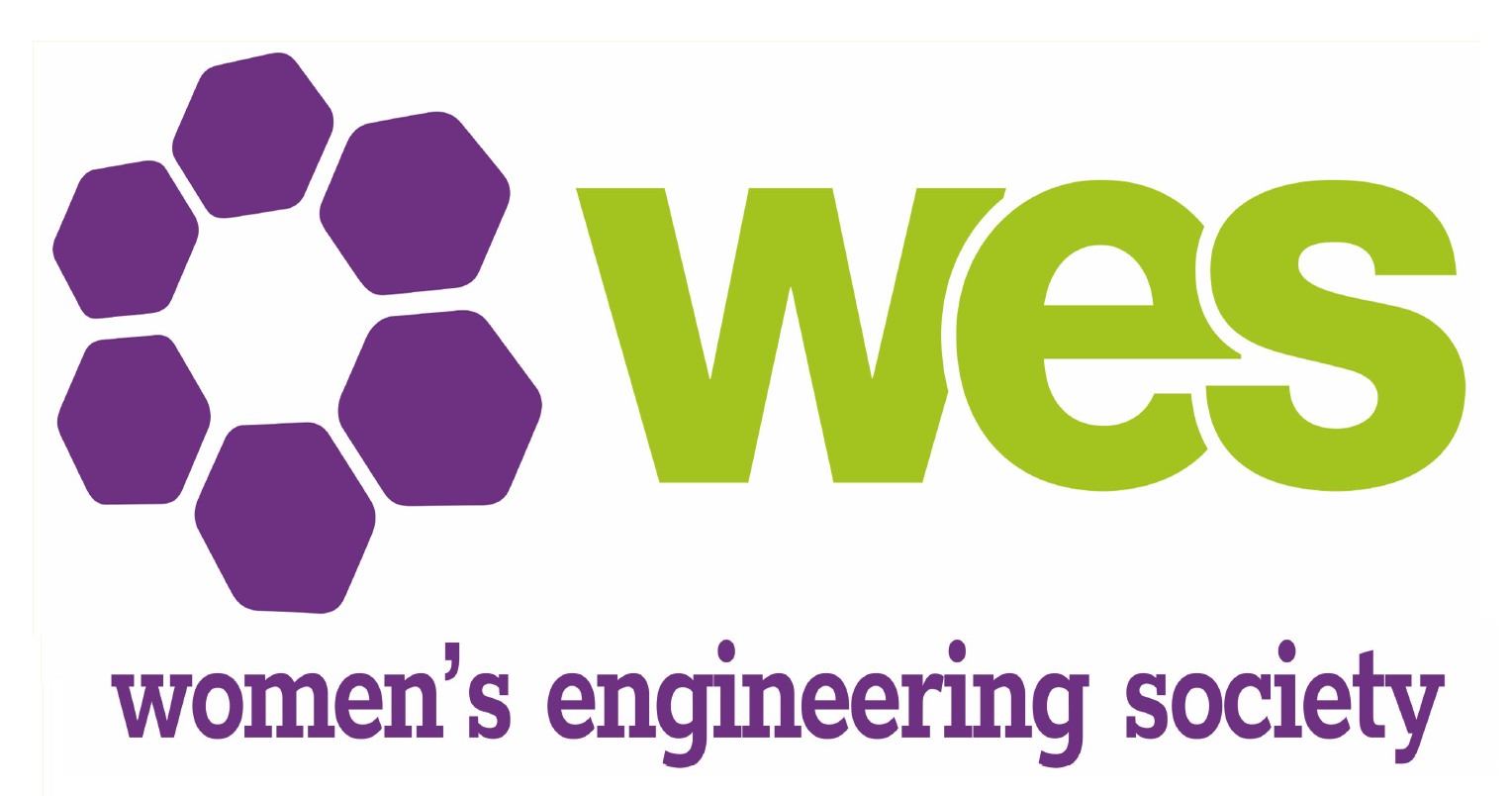I am a BMS Integration Engineer at Jaguar Land Rover
My role involves analysing battery data to monitor battery performance as well as validating battery management software on vehicles as a test engineer.
I was a STEM ambassador in school and have always enjoyed maths, sciences and art. I therefore applied to study Product Design Engineering at the University of Strathclyde. During a summer between my 2nd and 3rd year, I applied for an internship with Jaguar Land Rover and really enjoyed it, so was thrilled when I was offered a place on their Graduate scheme.
My proudest moment so far was being selected as a data champion to help promote making data driven decisions as this is something I am passionate about and showed to me how far I had came in my work in data analytics.
What does a typical day at work look like for you?
My role can vary a lot day to day depending on the needs of the team. This can be form spending most of my day analysing data to find trends or finding the root cause to any issues, to being out at vehicles, running through test procedures, to try and replicate faults.
What advice would you give to your 15 year old self
Try to get involved in as much as possible, never feel like you’re not qualified enough to try something!
Who or what inspired you to get into engineering?
My dad is a Civil Engineer so I was brought up with a curious mindset
What are your favourite hobbies, or interests?
Running, Taekwondo, Sketching, Travelling
What are the best and worst things about the job?
The best thing I find is getting satisfaction from solving a problem or completing a dashboard displaying all my data. I also get to perform tests on vehicles on the proving ground which can be exciting but frustrating at times.
The worst thing for me is probably being unable to solve problems which can be demotivating and frustrating sometimes.
Where do you see your industry in 25 – 50 years time?
I think vehicles will be very different to how they are now, with fully autonomous vehicles being most widely used and vehicles perhaps being used more often as a service than privately owned.

